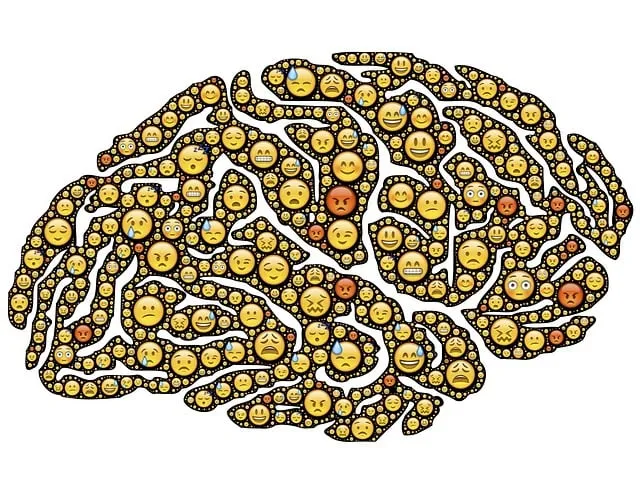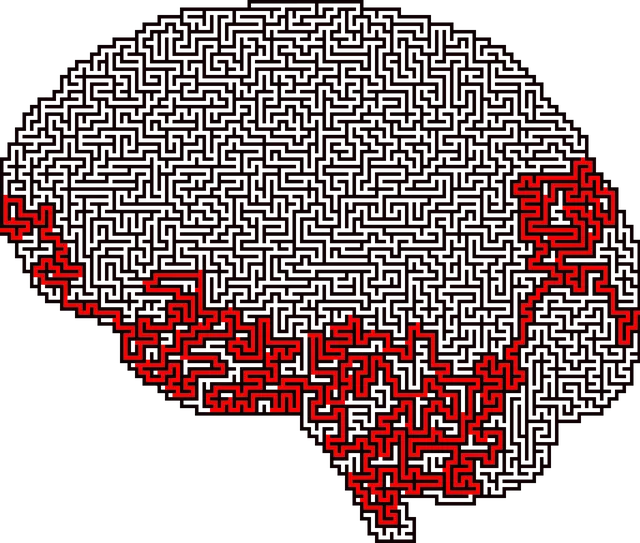Northglenn Kaiser Permanente mental health facility prioritizes patient well-being through comprehensive risk assessments and evidence-based harm minimization planning. Their approach integrates tailored workshops, emotional support techniques, proactive interventions, and crisis management protocols. By focusing on holistic care, continuous improvement, and cultural competency, the facility fosters resilience and empowers individuals to lead fulfilling lives, setting them apart in the mental health sector.
At Northglenn Kaiser Permanente, risk assessment and harm minimization planning are paramount for ensuring patient safety in their mental health facility. This comprehensive guide explores how the organization approaches risk assessment, highlighting key strategies and components that form an effective risk management strategy. From understanding the unique challenges of a mental health setting to implementing and continually improving upon these plans, we delve into practices that not only mitigate risks but also enhance patient care at Northglenn Kaiser Permanente.
- Understanding Risk Assessment at Northglenn Kaiser Permanente
- Harm Minimization Planning: A Comprehensive Approach
- Key Components of a Successful Risk Management Strategy
- Implementation and Continuous Improvement at the Mental Health Facility
Understanding Risk Assessment at Northglenn Kaiser Permanente

At Northglenn Kaiser Permanente mental health facility, risk assessment is a cornerstone of patient care. It involves a comprehensive evaluation of potential hazards and vulnerabilities within our community and clinical settings, with a focus on protecting the emotional well-being of every individual we serve. Our team employs evidence-based practices to identify risks, ranging from acute crises to chronic stress factors, ensuring a holistic approach that considers both internal and external influences.
The Community Outreach Program Implementation at Northglenn Kaiser Permanente goes hand in hand with risk assessment efforts. Through collaborative partnerships with local organizations, we organize Stress Management Workshops Organization tailored to address common community concerns. By integrating Emotional Well-being Promotion Techniques into our initiatives, we aim to foster a supportive environment that empowers individuals to manage stress effectively and enhance their overall resilience.
Harm Minimization Planning: A Comprehensive Approach

Harm Minimization Planning is a comprehensive approach to ensuring the well-being and safety of individuals, particularly those seeking mental health support at facilities like Northglenn Kaiser Permanente. This strategy goes beyond risk assessment by focusing on proactive measures to minimize potential harm. By implementing robust emotional healing processes, the facility can address underlying issues that contribute to distress or dangerous behaviors.
Through such planning, Northglenn Kaiser Permanente can foster an environment conducive to depression prevention and inner strength development. This involves tailored interventions, crisis management protocols, and supportive services designed to empower individuals with coping mechanisms. The ultimate goal is not just to react to crises but to proactively nurture resilience, enabling clients to navigate challenges and lead fulfilling lives.
Key Components of a Successful Risk Management Strategy

A comprehensive risk management strategy for a mental health facility, such as Northglenn Kaiser Permanente, should incorporate several key components to ensure effective harm minimization and patient well-being. Firstly, conducting thorough risk assessments is vital; this involves identifying potential hazards and their likelihood of occurrence. By evaluating factors like staff training, patient history, and environmental considerations, the facility can proactively address risks specific to its operations.
Additionally, implementing evidence-based practices aligned with Mind Over Matter Principles can significantly contribute to a successful strategy. This includes integrating Mood Management techniques into daily routines and therapeutic approaches, fostering an environment that promotes Mental Wellness Podcast Series Production—where patients can share their experiences, learn from each other, and develop coping mechanisms. Regularly reviewing and updating risk management plans is essential to stay prepared for evolving challenges in the mental health sector.
Implementation and Continuous Improvement at the Mental Health Facility

The Northglenn Kaiser Permanente mental health facility prioritizes continuous improvement through regular risk assessments and harm minimization planning. This proactive approach ensures that services are tailored to meet the evolving needs of patients, focusing on evidence-based practices such as Social Skills Training and Resilience Building. The facility encourages open communication between patients, families, and healthcare providers, fostering an environment where concerns can be promptly addressed.
Through ongoing training for healthcare provider cultural competency, the mental health team enhances their ability to deliver empathetic care. This includes recognizing and mitigating potential risks associated with diverse patient backgrounds, ensuring that interventions are not only effective but also culturally sensitive. The facility’s commitment to continuous improvement is reflected in its dynamic programming, where new initiatives are regularly evaluated and adapted based on patient feedback and clinical outcomes.
Risk assessment and harm minimization planning are essential components in ensuring the safety and well-being of patients at Northglenn Kaiser Permanente’s mental health facility. By implementing a comprehensive approach, as demonstrated through their Harm Minimization Planning strategy, the facility can effectively manage and mitigate risks. This process involves key components such as thorough risk identification, robust communication protocols, and continuous improvement initiatives. The successful integration of these practices has led to enhanced patient outcomes and a safer environment at Northglenn Kaiser Permanente, serving as a model for other mental health facilities seeking to optimize their risk management strategies.






